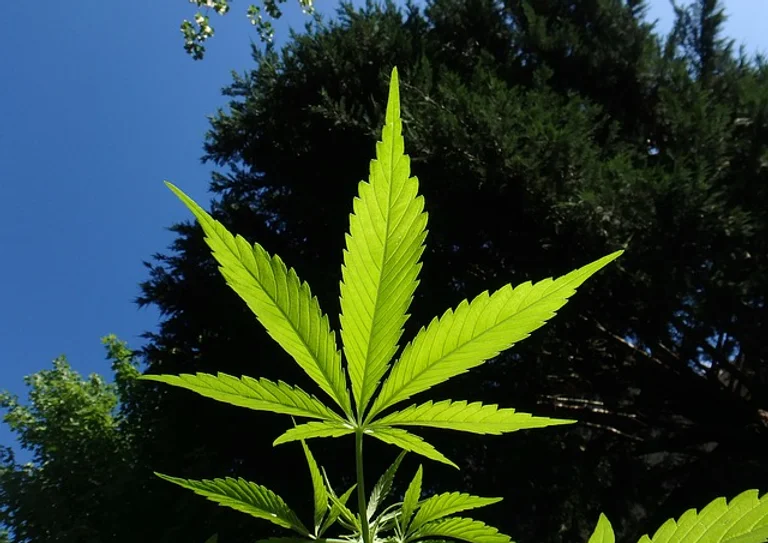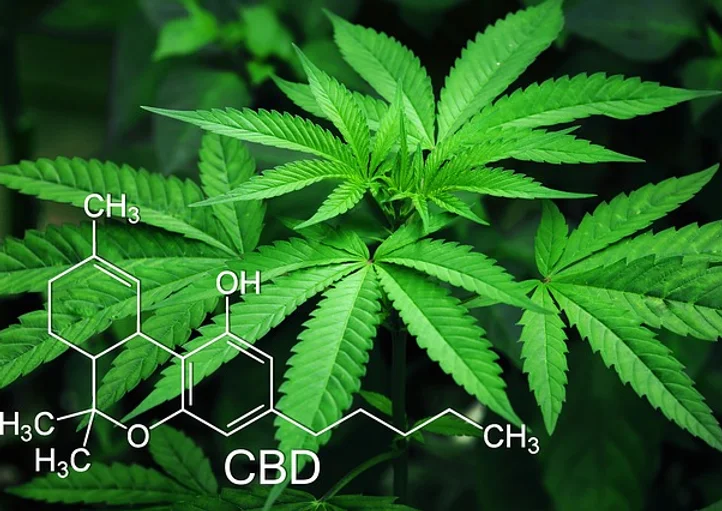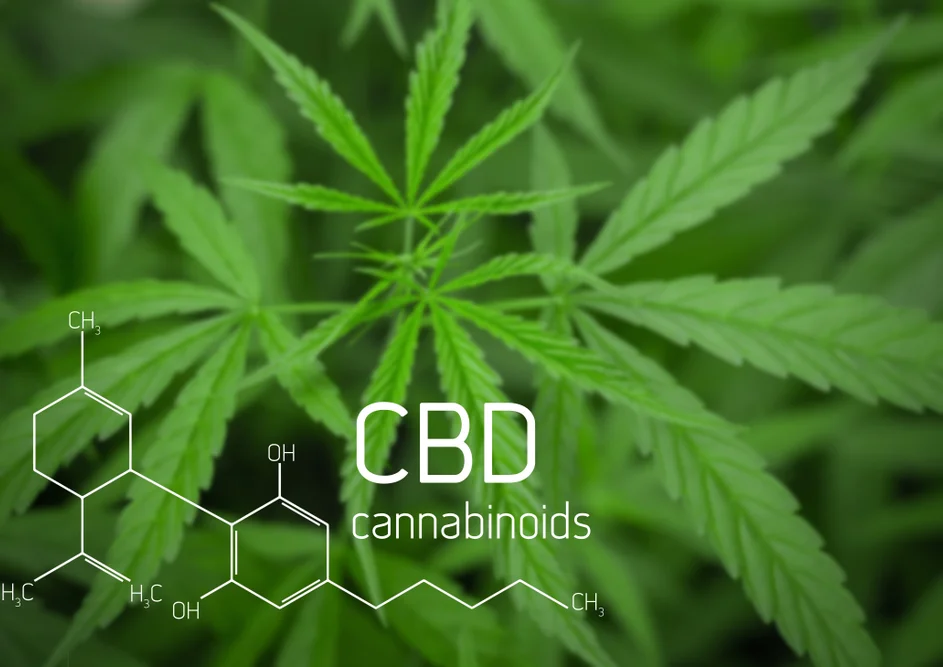Medical Cannabis
Important Update to New York State’s Marijuana Legislation
In March 2021, New York made it legal for adults 21 and older to possess up to three ounces of cannabis and up to 24 grams of concentrated cannabis for personal use in New York.
That has prompted many people to self-diagnose and treat for conditions widely known to be helped by marijuana. We understand the temptation, but remind you that at Advanced Integrative Care, Sherry Verostko-Slazak is a NYS Registered Practitioner, and has been since founding AIC in 2018. As such, her training, experience, and expertise reduces the guesswork from choosing strains, dosages, etc.
The Integrative Approach to Medical Marijuana
Our philosophy continues to incorporate an integrative approach to treatment by aligning medical cannabis with one’s current treatment regime and health and wellness goals.
We first begin by examining the patient’s full medical history, watchful for any potential interactions between medical marijuana and other medications or therapies the patient may be taking.
From there, we develop personalized plans and address concerns, clarify doubts, and offer guidance on integrating medical cannabis into the patient’s overall lifestyle safely and responsibly.
Sherry monitors a patient’s progress and response to make informed decisions about adjusting the treatment plan necessary adjustments, such as modifying dosages or changing strains. Her personalized approach optimizes therapeutic outcomes, maximizes benefits, and minimizes side effects.
Because whatever we’re using medical cannabis to treat is not an isolated condition, we discuss lifestyle modifications that can complement the therapeutic effects of medical marijuana. This may include recommendations for exercise, stress management techniques, dietary adjustments, and other self-care practices that can enhance the overall well-being of the patient.
Conditions helped by medical cannabis include:
- Cancer Support
- HIV Infection or AIDS
- ALS (Amyotrophic Lateral Sclerosis)
- Parkinson’s Disease
- Multiple Sclerosis
- Spinal Cord Injury with Spasticity
- Epilepsy
- Inflammatory Bowel Disease
- Neuropathy
- Huntington’s Disease
- Post-Traumatic Stress Disorder
- Chronic Pain
- Opioid Use and Substance Abuse Disorder*
*For those that are wishing to decrease their use of opioid and benzodiazepine medications, a gradual dose reduction plan can be recommended and implemented in collaboration with your treating provider. We have been very successful in managing patients’ symptoms with a minimal amount of prescription medication by recommending an appropriate ratio of THC and CBD to appropriately manage chronic conditions.
In related news. Advanced Integrative Care offers CBD IVs. Read more here.
One Person’s Account: Medical Cannabis Helps MS Symptoms


Confused about medical marijuana?
You’re not alone. Tune in to watch Sherry Verosktko-Slazak ANP-BC talk about what it is, what it isn’t, the benefits, who is eligible, and whom it might help.
The Endocannabinoid System
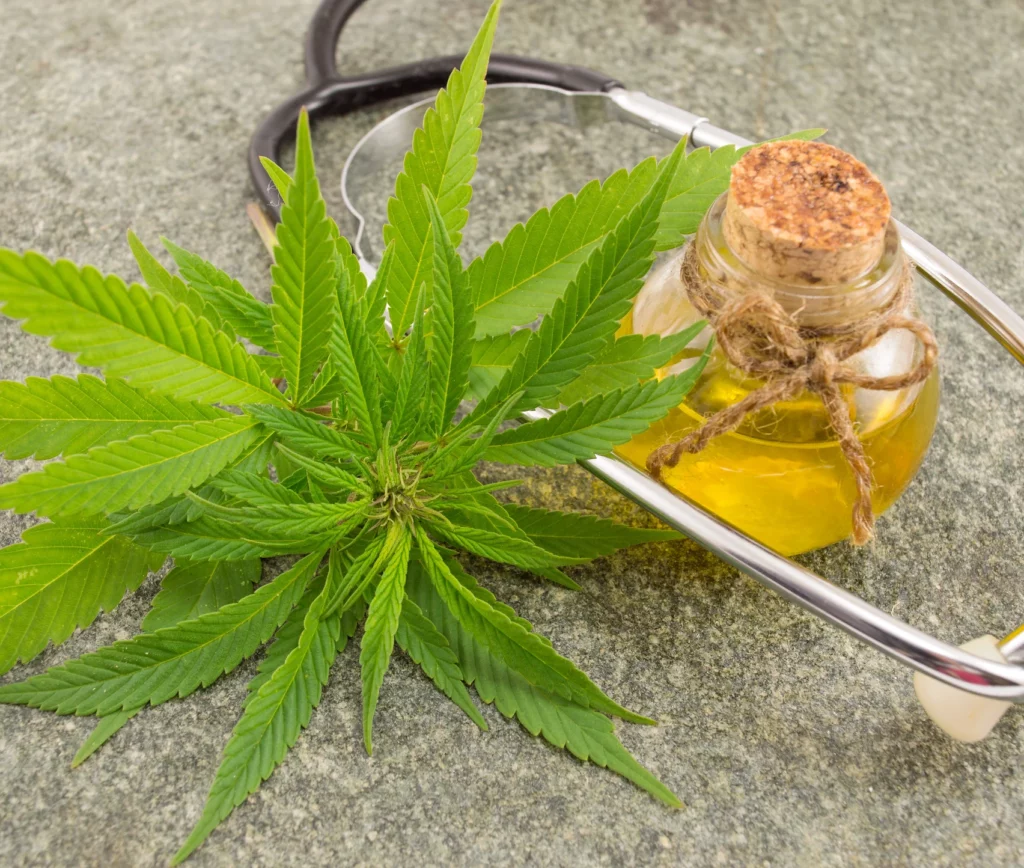
The Endocannabinoid System (ECS) is crucial to maintaining the bodies ability to maintain a stable, relatively constant internal environment while compensating for environmental changes which is essential for our health and survival. When the body is out of balance one is susceptible to acute and chronic medical conditions. This is when the Endocannabinoid System activates the cannabinoid receptors:
- CB1 which is in the central nervous system (brain and nerves of the spinal cord)
- CB2 which is in the peripheral nervous system (nerves in your extremities), the digestive system, and specialized cells in the immune system.
- Through these receptors, the ECS helps regulate:
- Appetite
- Digestion
- Immune function
- Inflammation, including neuro-inflammation
- Mood
- Sleep
- Reproduction/fertility
- Motor control
- Temperature regulation
- Memory
- Pain
- Pleasure/reward
Cannabis Research and News

Endocannabinoid Deficiency
Migraine, Fibromyalgia
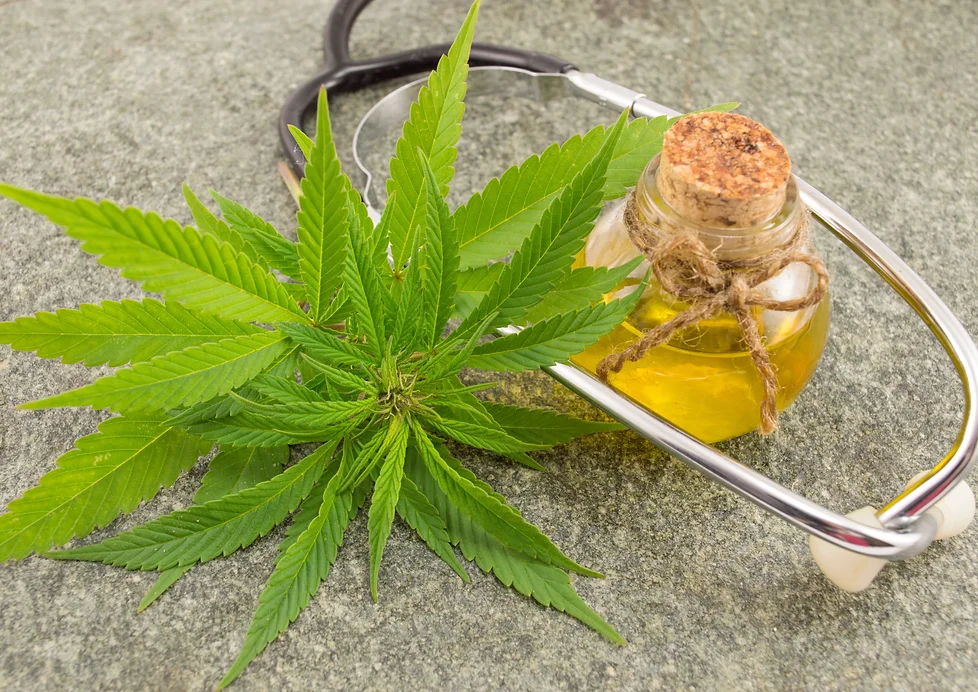
Crohn’s Disease

Inflammatory Disease

